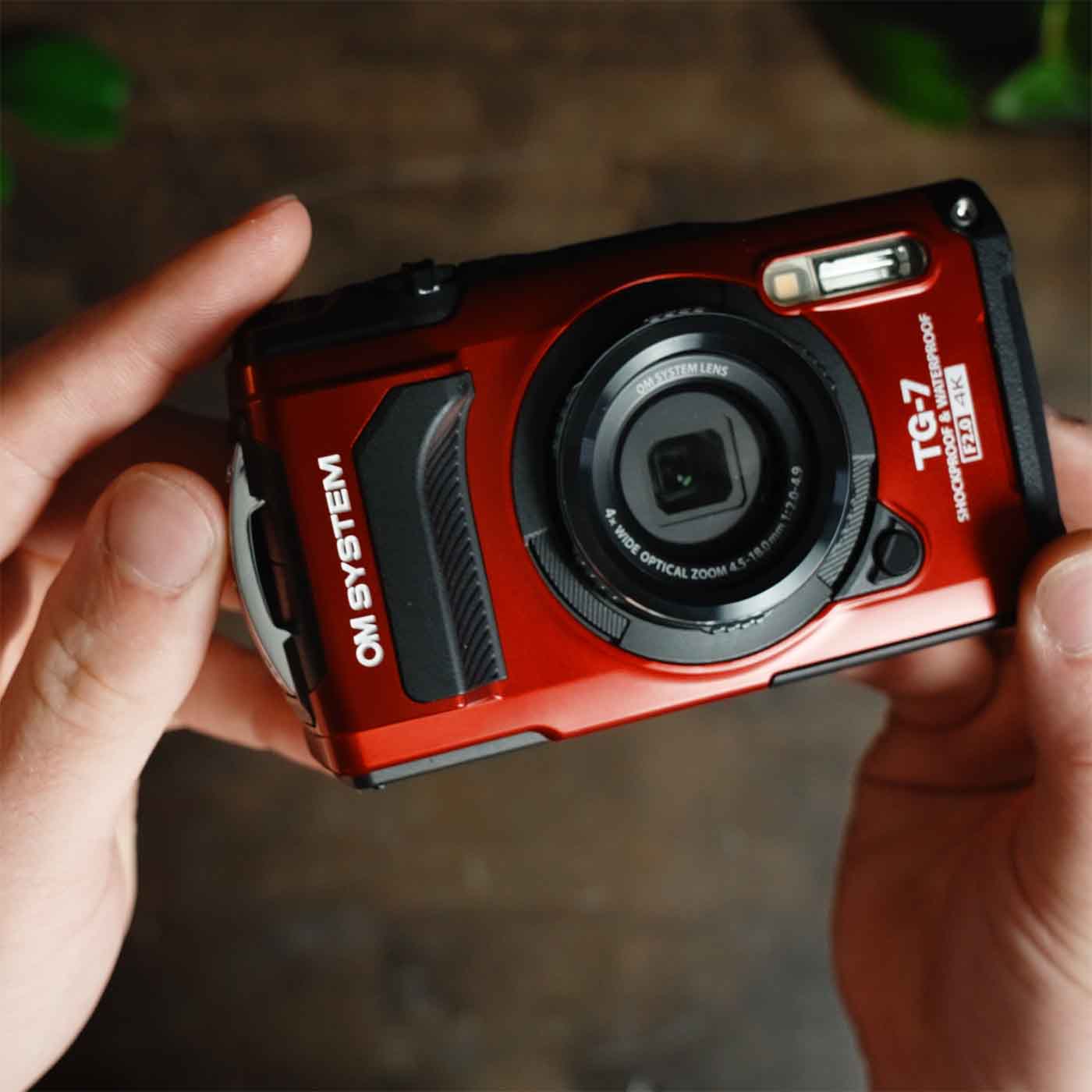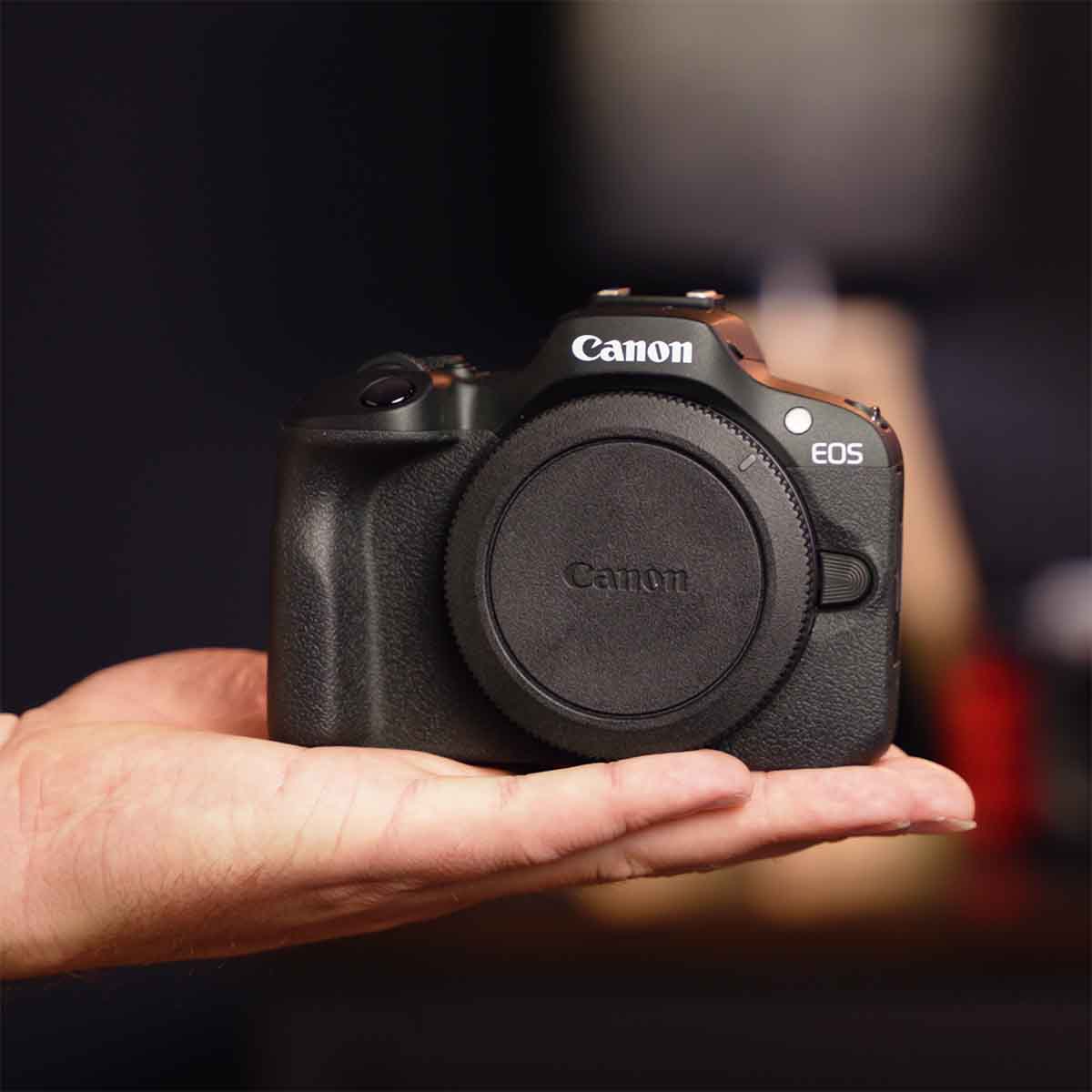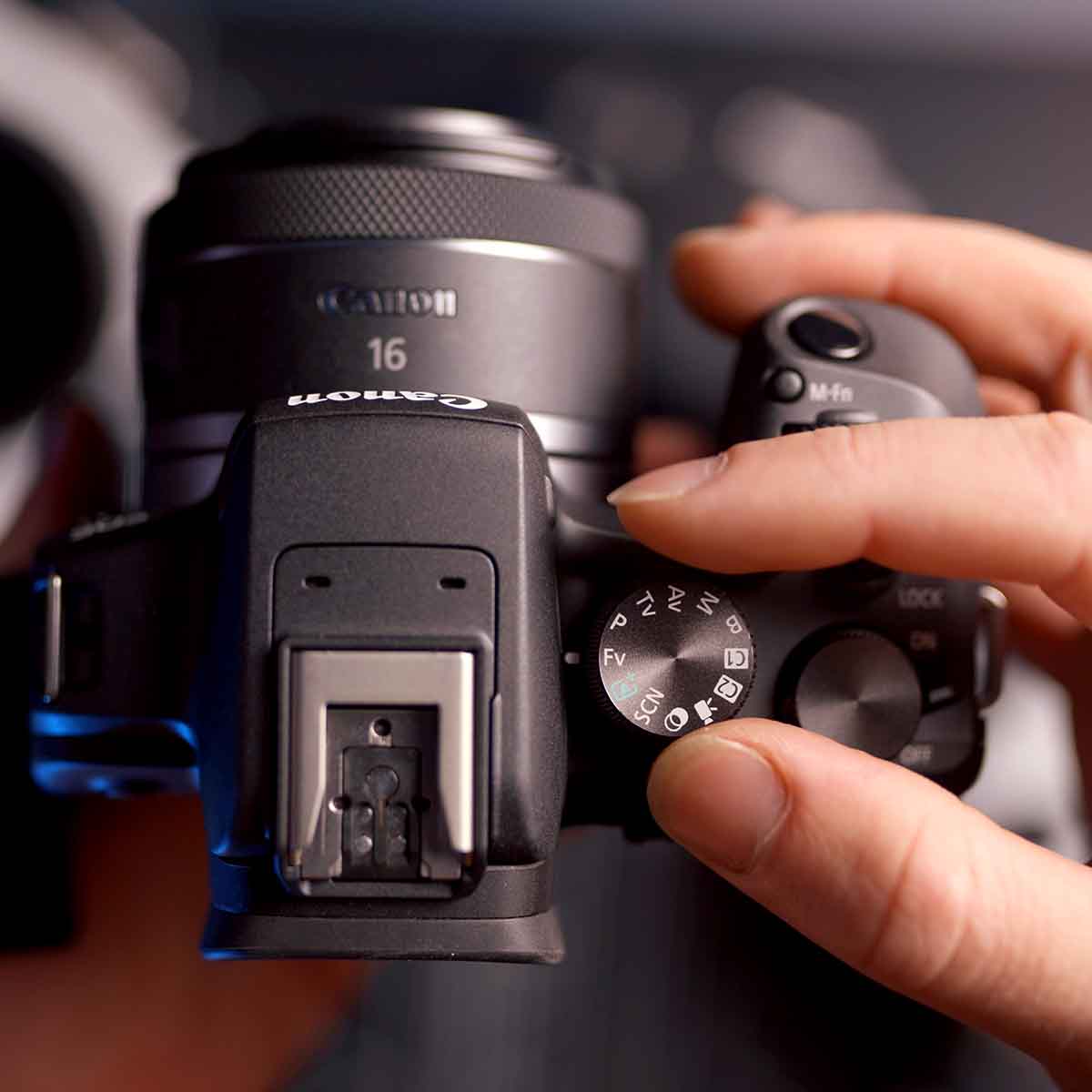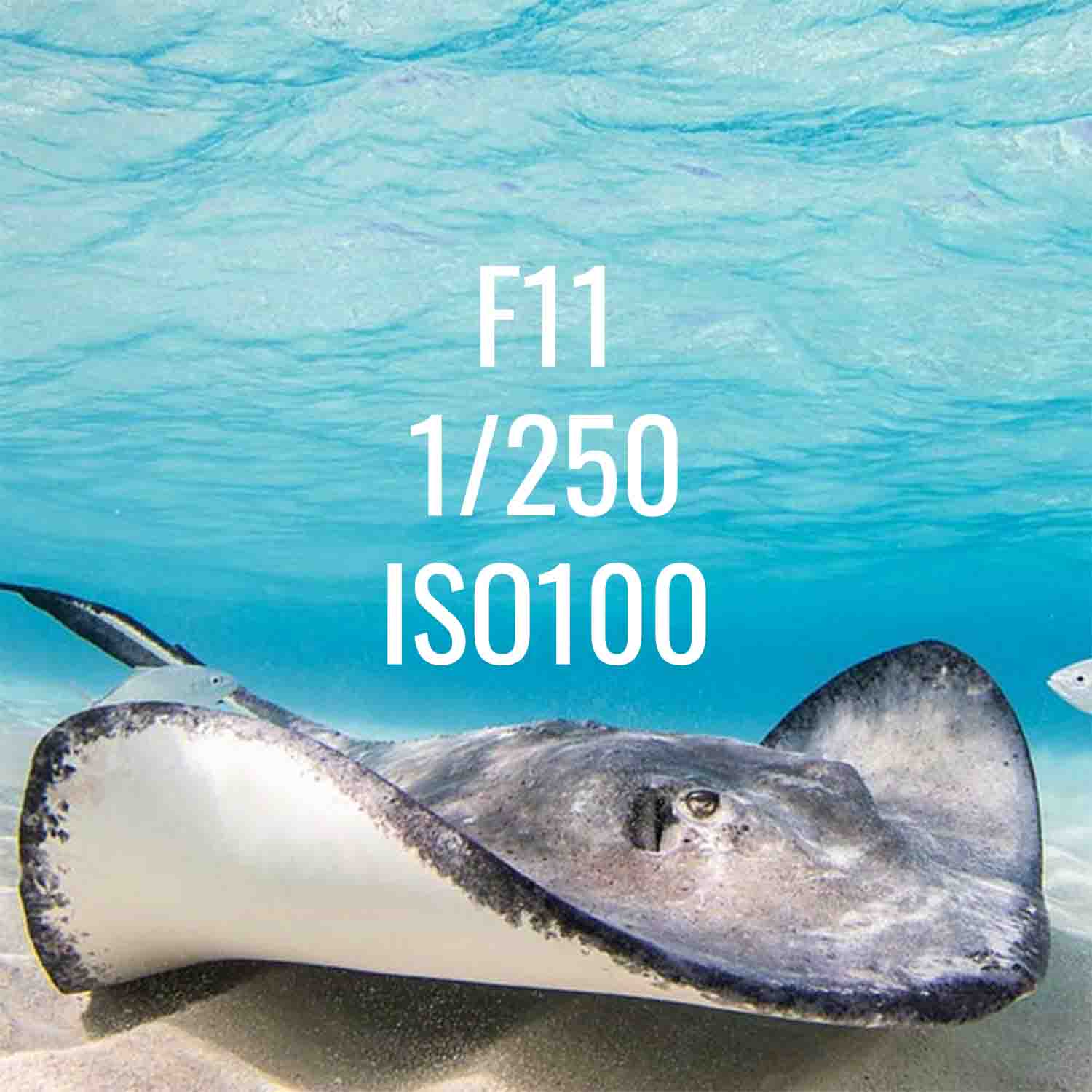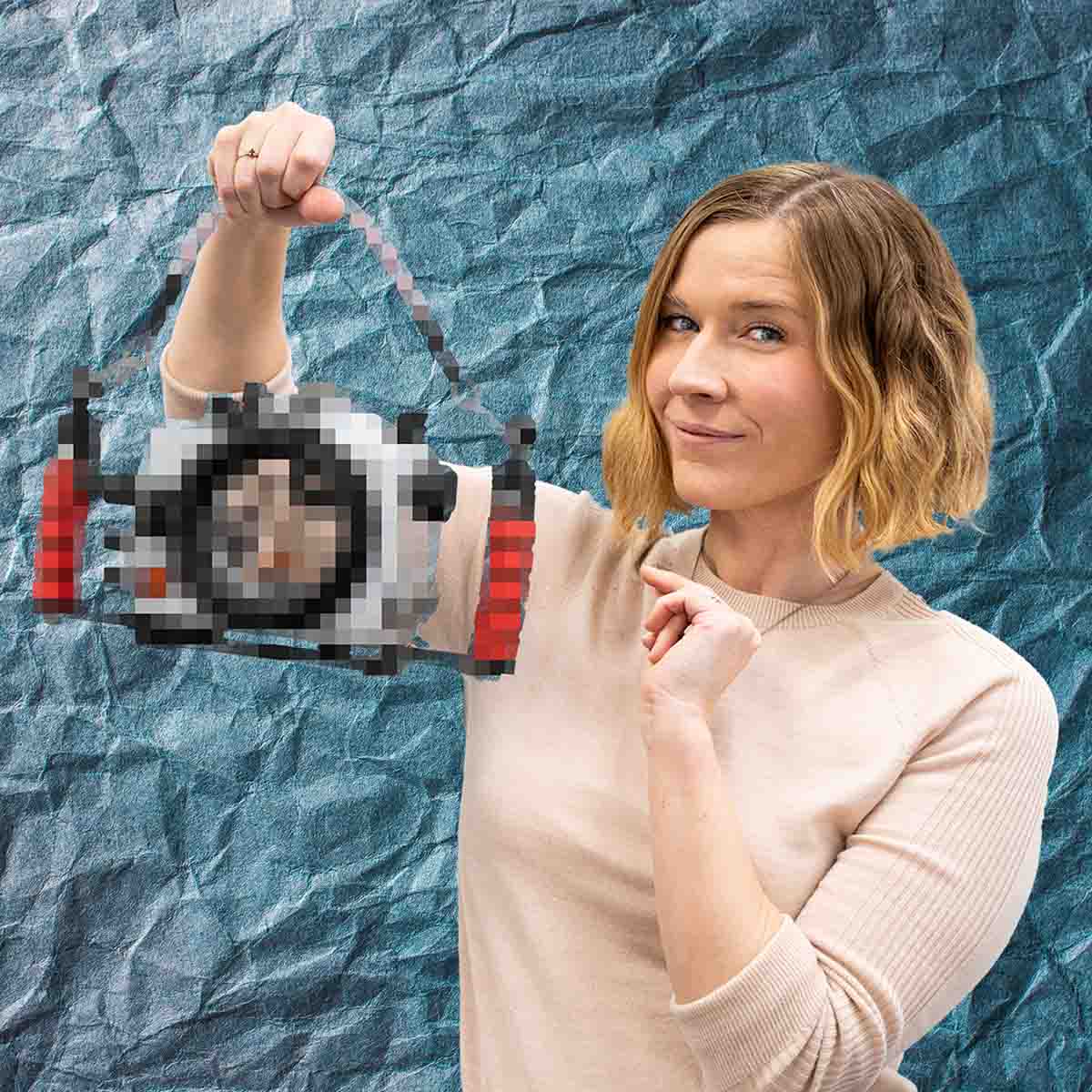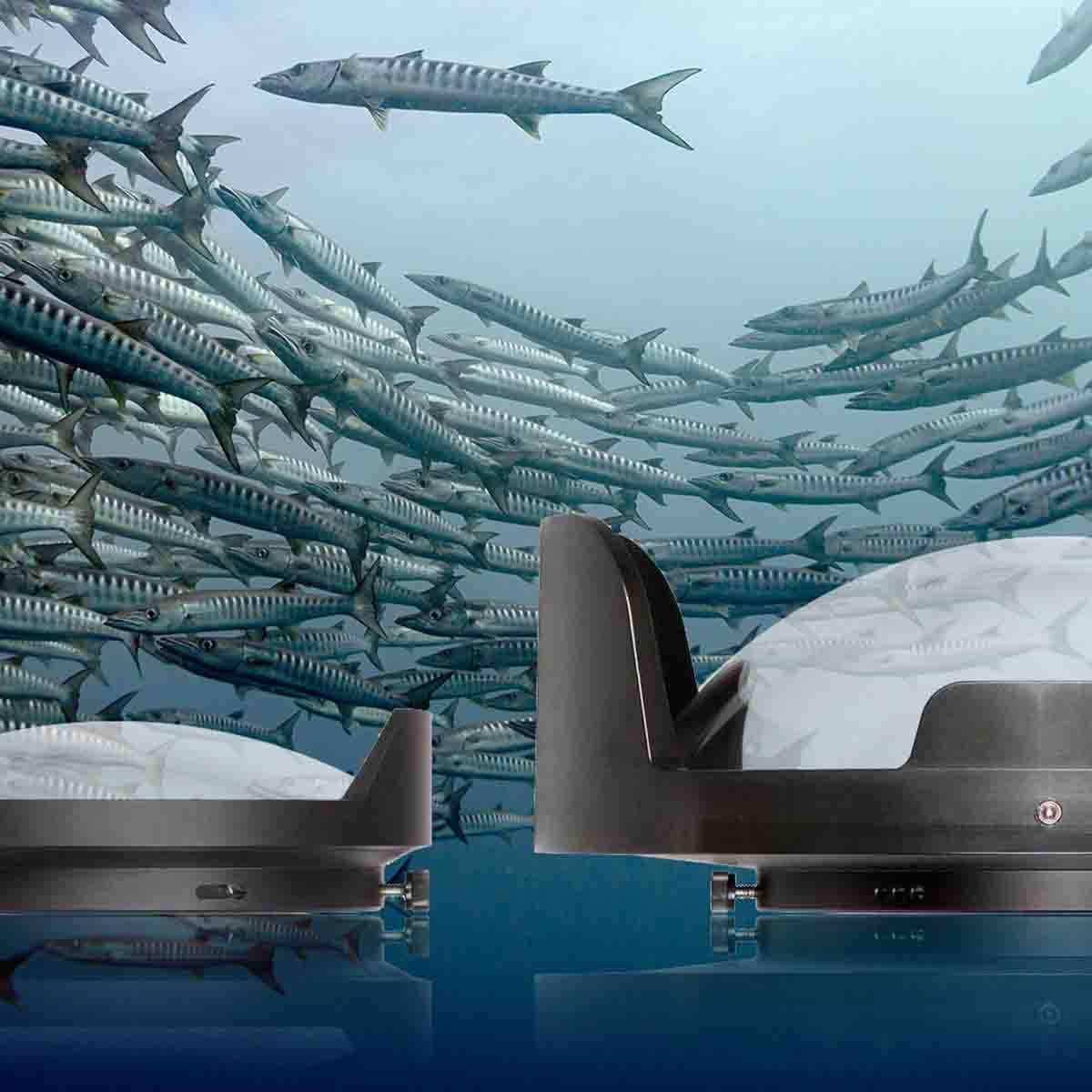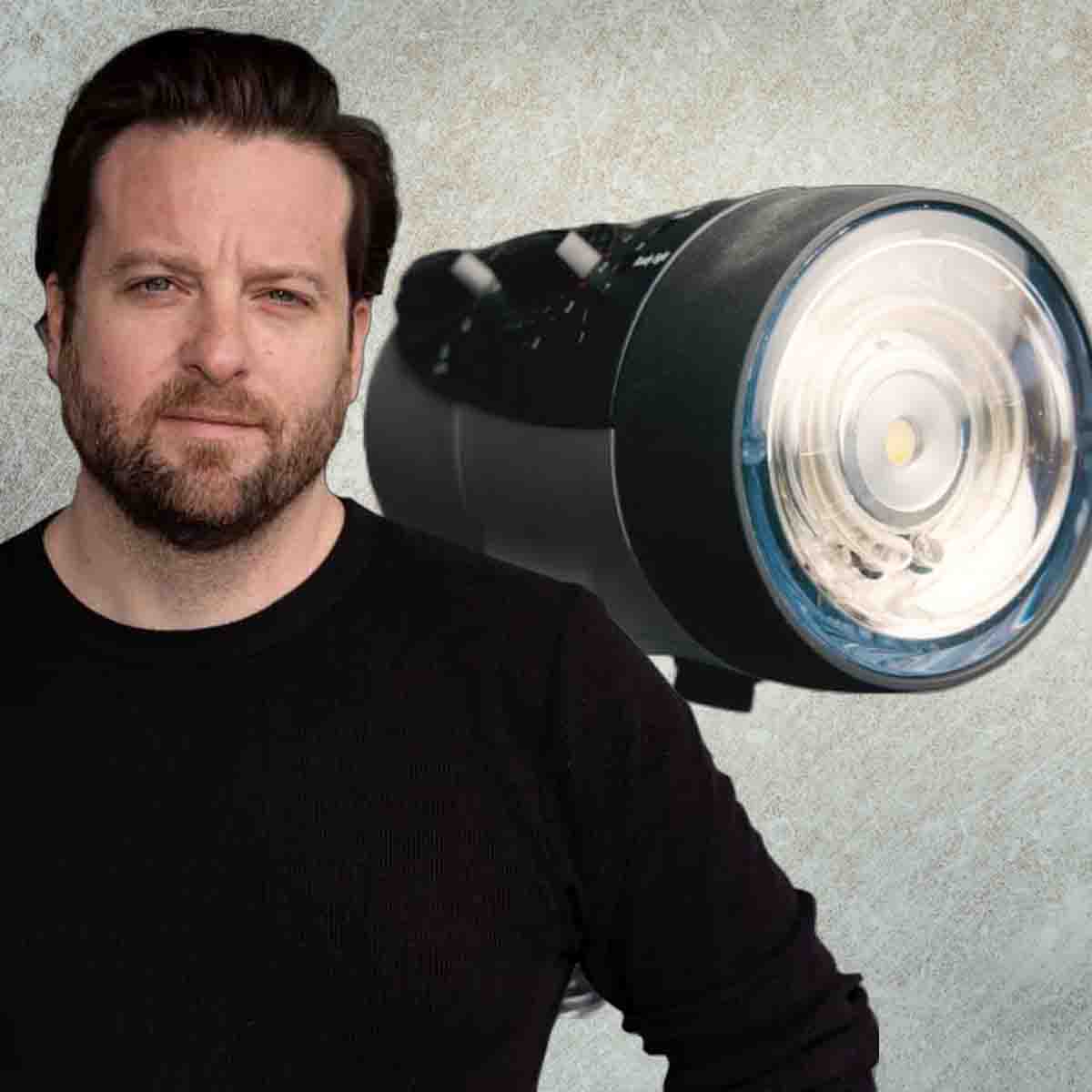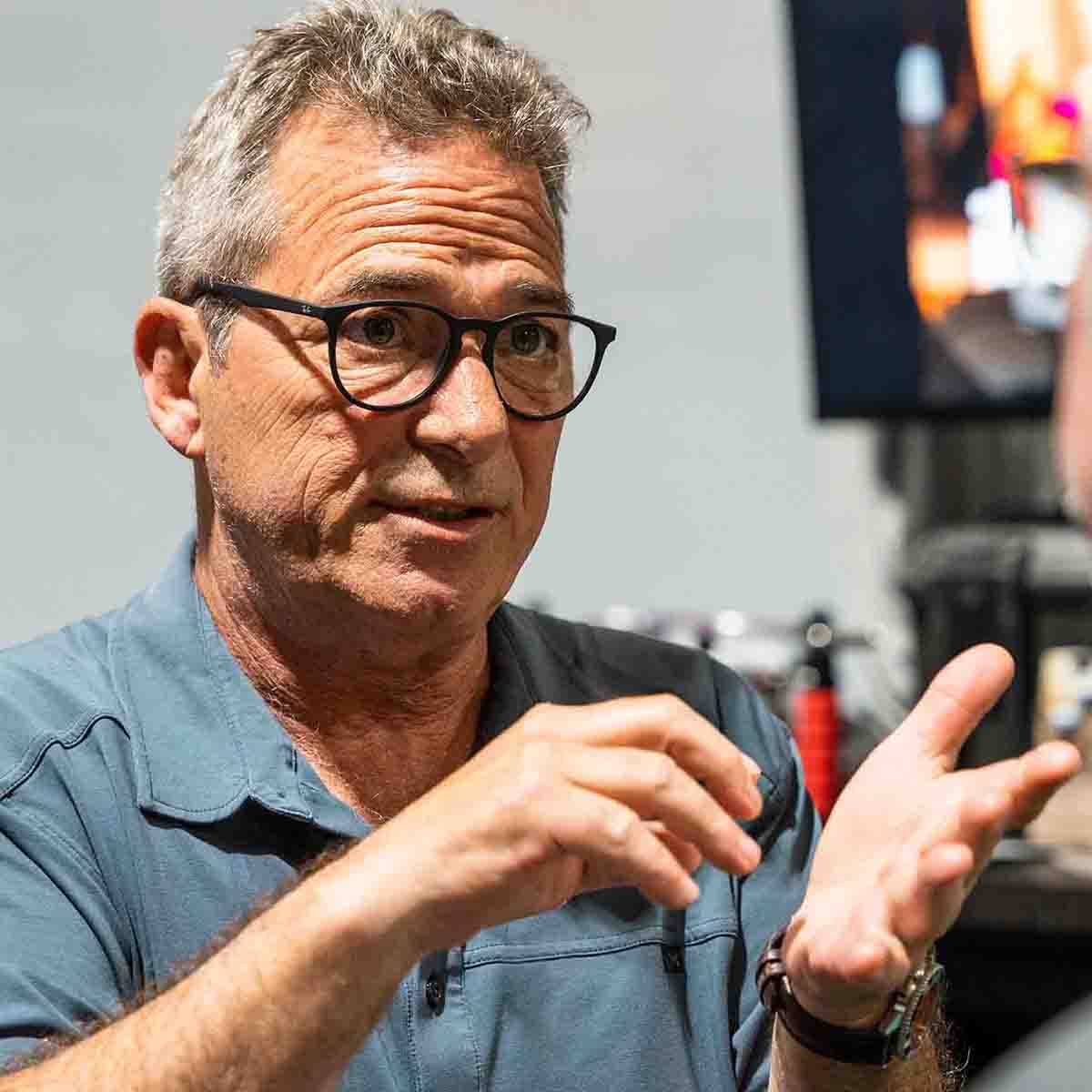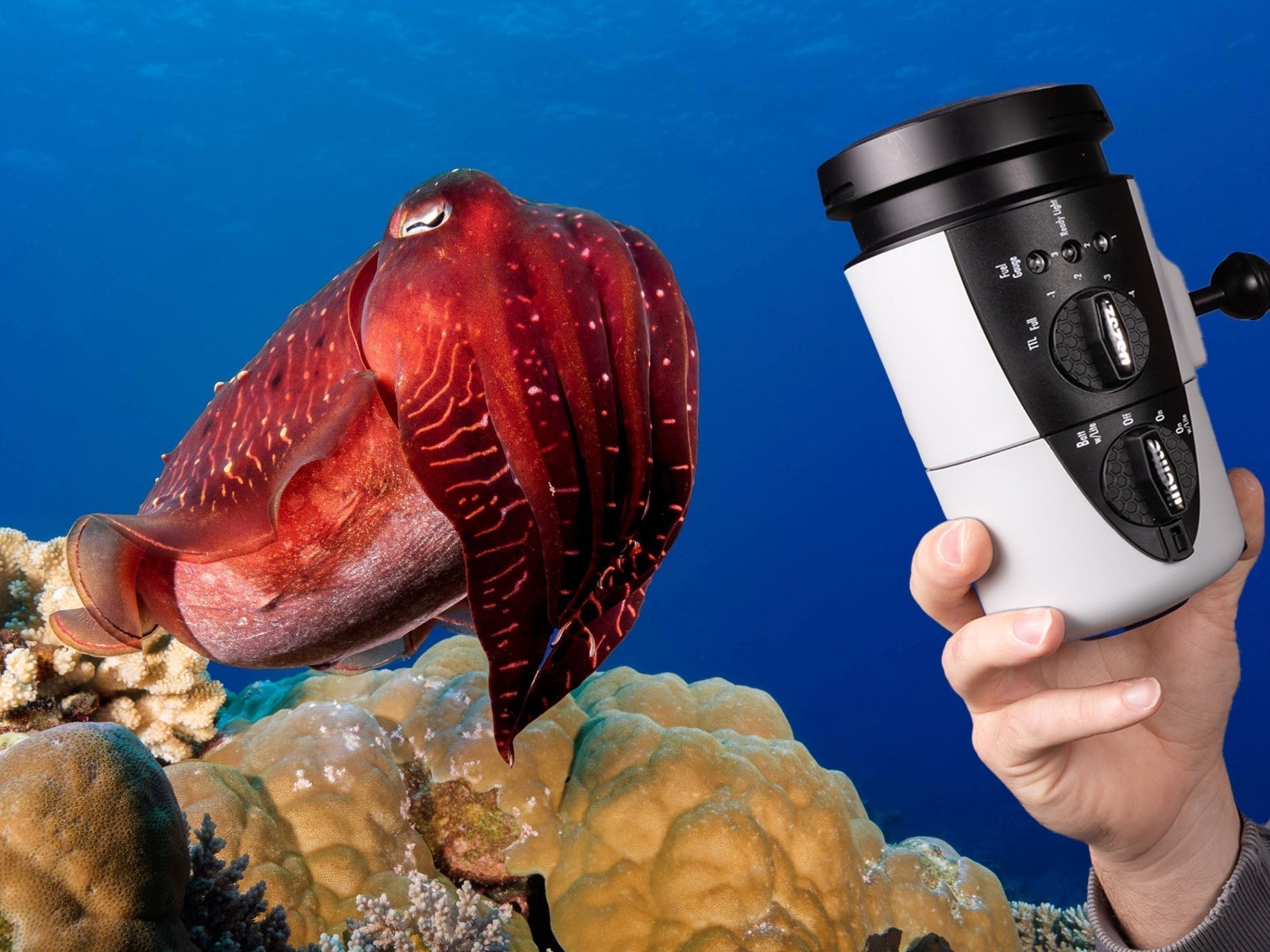Featuring Logan Wood
Shooting macro underwater doesn’t have to be complicated. Ikelite’s Video Producer Logan Wood shows how a simple setup with the Olympus TG-6, OM System TG-7 in an Ikelite housing, and a single Ecko Fiber strobe can deliver incredible results. Dive in to learn the essentials: why lighting is key, how to set your camera for sharp, colorful shots, and easy shooting techniques to get you started.
If you're more of a reader, scroll down to view the full video transcript.
Image Quality and Convenience
When it comes to photography gear, there are usually two boxes to check: image quality and convenience. Like most photographers, including me, we tend to start chasing image quality and our gear gets bigger and more expensive. While the convenience box, it’s kind of forgotten about. For example, while the image quality is great on my full-frame setup, it definitely takes some getting used to while diving with it underwater.
Perfect Underwater Exposure
Now, the TG System is the first setup I shot underwater. The TG-7 balances image quality and convenience perfectly. It's the TG-7 in the Ikelite housing with the Ecko Fiber underwater strobe ideally, and I have it set up here for macro and it takes great images while still being extremely easy to dive with.

The TG-7 with Ikelite Ecko Strobe delivers quality imagery, like this clownfish shot, in a convenient package. © Logan Wood
Alright, so the star of the show here is the Ecko Fiber strobe. And the good news is that when you're starting out in macro, you really only need one and it makes a huge difference. See, a strobe bursts a ton of light, and this brings back color, detail, and contrast to get sharp, clean macro images. So as long as your strobe is positioned above and pointing down at your subject and in RC mode, all you have to do is point, lock focus, and get great exposures every time.

Get a crisp, clean shot using a single Ikelite Ecko Fiber strobe on RC mode with the TG-7. © Logan Wood
Now you may be tempted to shoot with something like a video light, but since this is significantly less light than a strobe, you'll find that you'll have to bump up your ISO to achieve more of a decent exposure, leaving you with noisy images and muddy colors. Or you'll have to open up your aperture, which gives you a much shallower depth of field and less of your subject is in focus. It's really a night and day difference between strobes and a video light on your TG system.

Without quality strobe lighting you'll be forced to bump up your ISO too high which can result in a really noisy image like this one.
Metering and Autofocus Modes
Alright, so lighting is covered. Now let's talk about settings and actually shooting the camera underwater. Now we've covered our go to TG-7 microscope mode settings and in our video OM TG-7 Microscope Mode Settings for Underwater Photography, and that is a great place to start. However, I've found that for 90% of my macro shooting, it's much more convenient to instead of switch to microscope mode, stay in aperture priority and I only change my metering mode and my autofocus mode, so I'll change my metering mode to Spot and my autofocus mode to a Super Macro.
You can do this by just hitting the center menu button, scrolling down to where it says AF and change it to the flower AFS icon and you can change your metering mode by scrolling down further and changing your metering mode from ESP to Spot. Now Spot will tell the camera to properly expose for whatever's in the center box, preferably your subject.

Thankfully, most of your underwater macro subjects aren't going anywhere fast. So take your time and get your settings dialed in so you can grab shots like this nudirbanch image. © Logan Wood
AF Super Macro works similarly to normal AF except for allows you to focus a bit closer to the port of your housing. However, if my subject is extremely small I will switch over to Microscope mode. I just find it more difficult to get my strobe positioned and light the subject well when it's pushed up extremely close to the port of my housing. AF Super Macro is a great middle ground that covers a wide variety of marine macro critters.
Shooting Underwater
Now in the water I'll find my subject, frame it up and take the shot. But it's important that you get a green confirmation box before you shoot the photo and you get that by just half pressing your shutter button. This is confirmation that the camera has read the scene, locked focus, and communicated all the information to the strobe to properly expose your subject. And since the strobe is in RC mode, it'll be spot on to what you want.
However, if I feel that it's a bit overexposed or underexposed, I'll start messing with my flash exposure compensation. This basically tells the camera, Hey, whatever reading you're getting, take it down a stop or give me one more stop of life. Thankfully, most macro subjects aren't going anywhere fast, so take your time and experiment for what feels right for your image.

The TG Series AF Super Macro setting is capable of some incredible macro shots, like this clownfish egg image. © Logan Wood
Get the Gear
The Underwater Housing, OM System Tough TG-7 Camera and Ecko Strobe Deluxe Kit # 62342E KIT includes everything you need to get started taking bright, sharp, and colorful underwater photos.
Additional Viewing
TG-7 Microscope Mode Settings for Underwater Photography [VIDEO]
One-Touch White Balance with OM System TG-7 and Olympus TG-6, TG-5 [VIDEO]
Packing Made Easy for the TG-7 Deluxe Kit [VIDEO]
Problem Solved: Ecko Fiber TTL Results with OM System TG-7
Macro with Black Background Underwater Camera Settings
Ecko Fiber a Year in Review // Compact TTL Underwater Strobe [VIDEO]

Logan Wood is a published photographer, cinematographer, and Producer at Ikelite. Stemming from a great appreciation for the outdoors and living an active lifestyle, his work focuses on capturing and sharing the natural world through the latest technologies. When not in the studio, Logan can be found cruising on his bike, going to concerts, and researching where to go next. You can see more of his work at loganwood.net and on Instagram @jlowood


